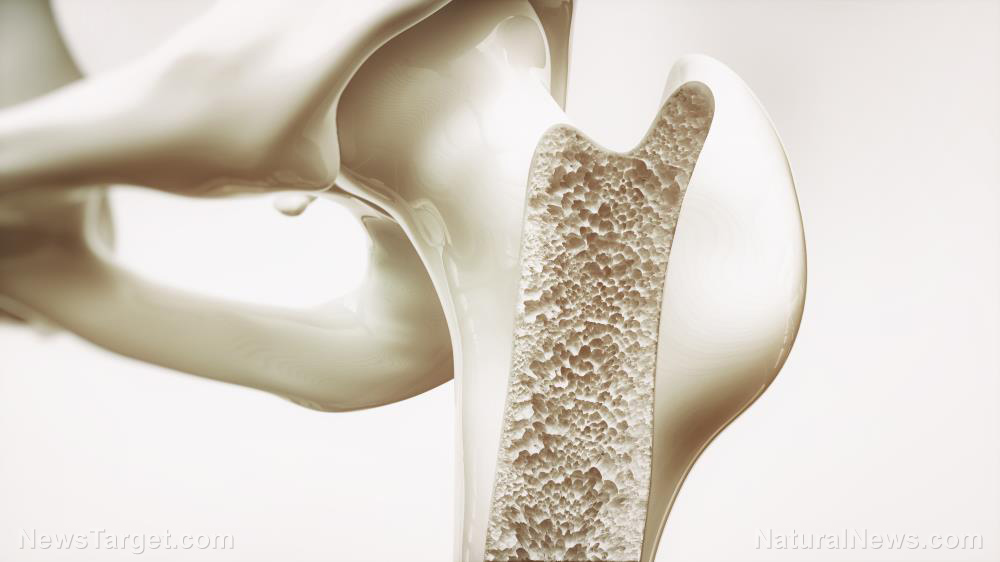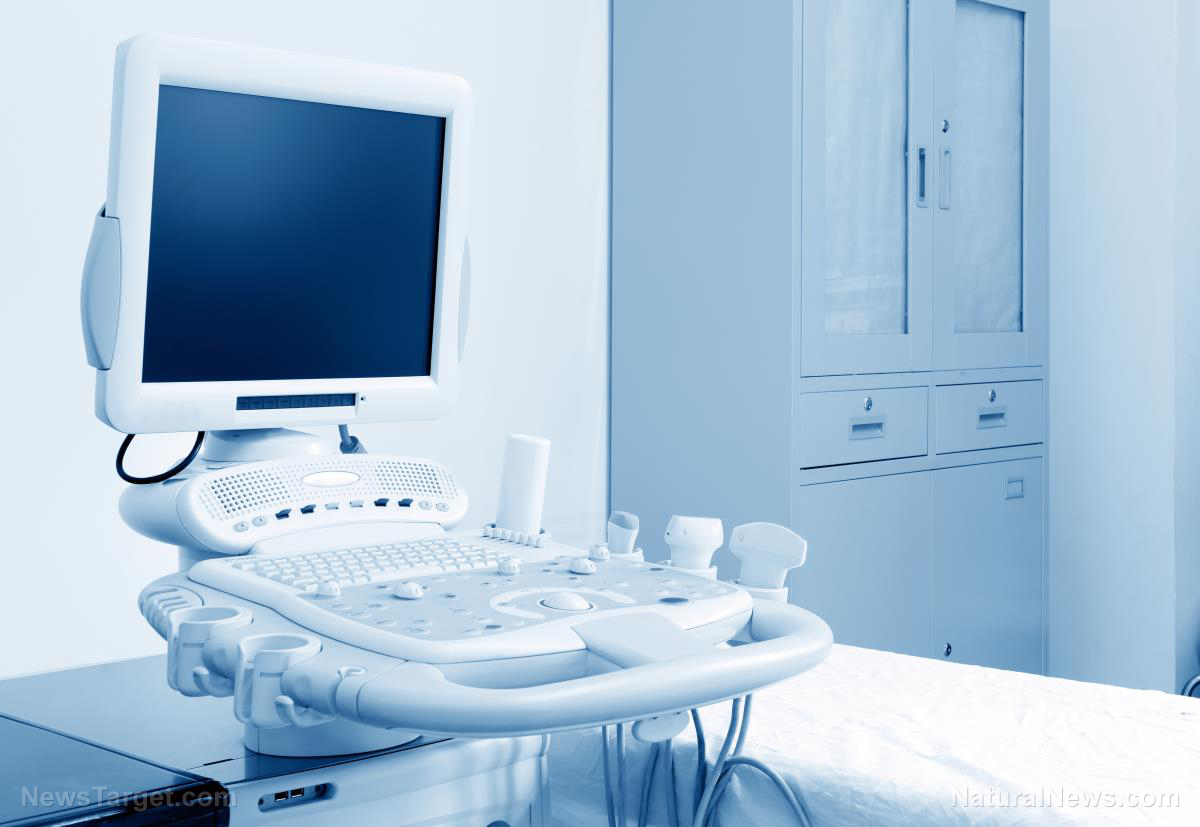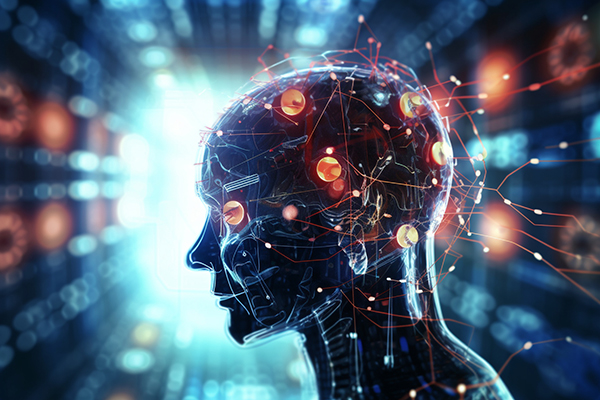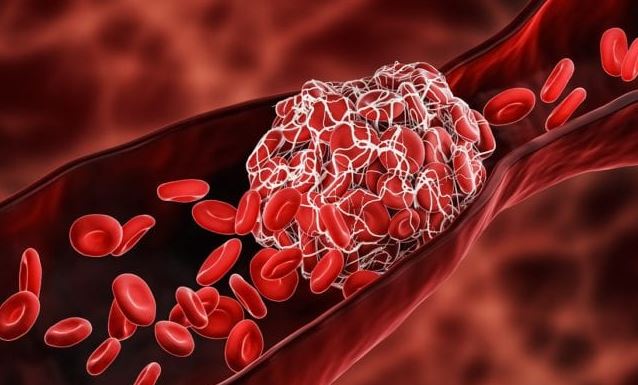Dr. Michael Nehls proposes Unified Theory of Alzheimer’s Disease (UTAD) to prevent, cure dementia
01/02/2024 / By Ethan Huff

A German doctor of medicine, geneticist and author who specializes in the study of complex issues concerning human health published a study a few years back that presents what he calls the Unified Theory of Alzheimer’s Disease, or UTAD.
Dr. Michael Nehls, author of the book “The Indoctrinated Brain,” presents a speculative primer into the causes of Alzheimer’s. The primer integrates all key behavioral, genetic and environmental risk factors “in a causal chain of etiological and pathogenetic events” in order to develop a sound scientific approach for preventing and treating dementia.
The UTAD that Dr. Nehls proposes is based on three concepts that derive from the evolutionary history of humans. These include:
1) The grandmother hypothesis (GMH), which deals with human longevity from the perspective of acquired knowledge that is transferred trans-generationally. GMH argues that mental health at old age is a factor of programmed human genetics rather than outside factors.
2) Based on the GMH model, point two proposes that mechanisms like neuronal rejuvenation (NRJ) and adult hippocampal neurogenesis (AHN) that still work efficiently at old age provide the lifelong ability to memorize one’s personal experiences.
“Cumulative evidence from a multitude of experimental and epidemiological studies indicate that behavioural and environmental risk factors, which impair productive AHN, result in reduced episodic memory performance and in reduced psychological resilience,” Dr. Nehls wrote in his study on this point.
“This leads to avoidance of novelty, dysregulation of the hypothalamic-pituitary-adrenal (HPA)-axis and cortisol hypersecretion, which drives key pathogenic mechanisms of AD like the accumulation and oligomerization of synaptotoxic amyloid beta, chronic neuroinflammation and neuronal insulin resistance.”
3) Thirdly, when the law of the minimum (LOM) is applied to AHN, defining the basic requirements of biological growth processes, the UTAD is able to explain how and why various lifestyle deficiencies initiate and contribute to the formation of Alzheimer’s disease by impairing AHN and dysregulating the HPA-axis.
Other environmental and genetic risk factors such as toxins or ApoE4 also play a role in the formation of dementia by turning into disease accelerators under unnatural conditions.
“Consequently, the UTAD provides a rational strategy for the prevention of mental decline and a system-biological approach for the causal treatment of AD, which might even be curative if the systemic intervention is initiated early enough in the disease process,” Dr. Nehls claims.
“Hence an individualized system-biological treatment of patients with early AD is proposed as a test for the validity of UTAD and outlined in this review.”
Be sure to check out the interview below from Brighteon.com in which Dr. Nehls talks with Mike Adams, the Health Ranger, about how global mind manipulation works on a mass scale:
Living a healthy lifestyle can protect brain function
Dr. Nehls’ study on the UTAD is extensive and worth a thorough read if Alzheimer’s and dementia are of interest to you. If his theory is correct, then these brain conditions are the result of behavioral deficiencies that can, potentially, be corrected.
Dr. Nehls highlights the natural requirements needed by humans to live a long and healthy life. Many of these natural requirements are no longer met in the modern context due to nutrient deficiencies, exposure to environmental toxins and other factors such as childhood vaccination.
“These deficiencies interfere with neuronal rejuvenation and adult hippocampal neurogenesis, both being required to maintain mental health, as well as with many other physiological processes and systems, which aggravate and accelerate mental decline,” Dr. Nehls notes, further highlighting modern technological, social and economic changes as contributing factors to brain decline in humans.
More related news can be found at Brain.news.
Sources for this article include:
JMolecularPsychiatry.BiomedCentral.com
Submit a correction >>
Tagged Under:
aging secrets, Alzheimer's, anti-aging, brain function, brain health, CURE, Cures, dementia, health science, Michael Nehls, Mind, mind body science, prevention, research, Unified Theory of Alzheimer's Disease, UTAD
This article may contain statements that reflect the opinion of the author
RECENT NEWS & ARTICLES
COPYRIGHT © 2017 RESEARCH NEWS



















